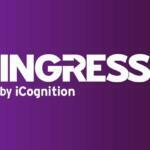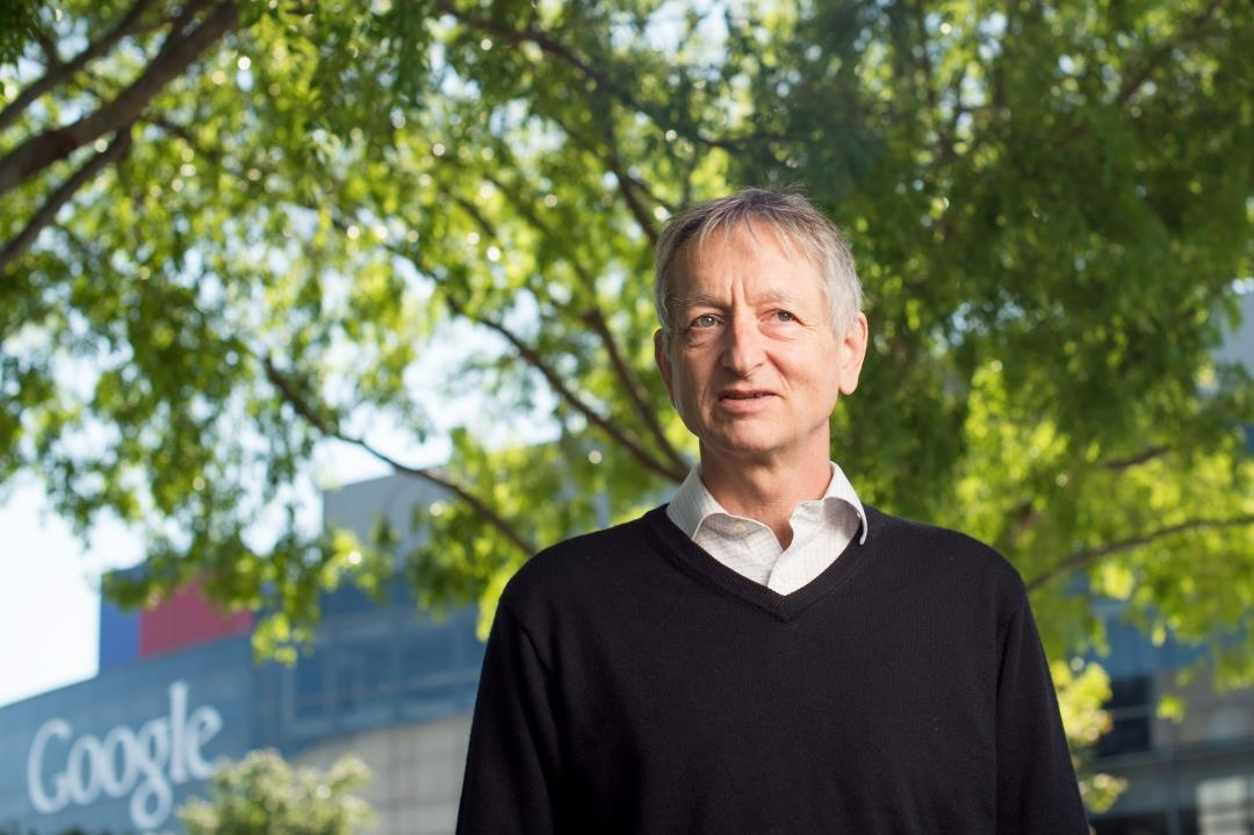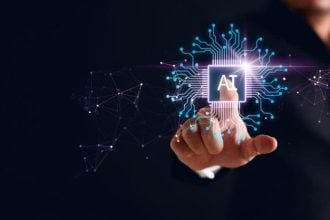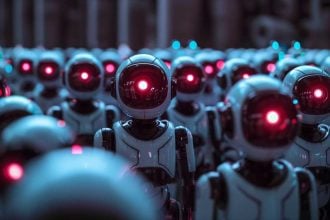Ai”Godfather” Geoffrey Hinton, quits his position at Google last week to raise concerns about the potential “hazards” associated with AI technology which include misinformation issues he may contributed to developing
Geoffrey Hinton’s groundbreaking research on neural networks has played a significant role in shaping the artificial intelligence systems that underpin numerous contemporary products.
For ten years, he worked part-time at Google, contributing to the company’s AI development endeavors. However, he now has reservations about the technology and his involvement in its advancement.
At the age of 75, Hinton disclosed that he departed from his position at Google to speak candidly about the perils of AI, and partly because he regrets his role in advancing the field.
Google recruited Hinton to assist in the development of their AI technology, and his innovative approach paved the way for contemporary systems such as ChatGPT.
In an interview with the New York Times, Hinton stated that he believed Google had been a responsible overseer of the technology until last year, but that changed when Microsoft integrated a chatbot into its Bing search engine, prompting Google to become concerned about the impact on its search business.
During an interview with the BBC, Hinton revealed that some of the risks associated with AI chatbots were “quite scary.” He cautioned that they could surpass human intelligence and be susceptible to manipulation by “Bad Actors”
In a tweet Monday, Hinton said he left Google so he could speak freely about the risks of AI, rather than because of a desire to criticise Google specifically.
“I left so that I could talk about the dangers of AI without considering how this impacts Google,” Hinton said in a tweet. “Google has acted very responsibly.”
Hinton also said in a 2021 commencement address at the Indian Institute of Technology Bombay in Mumbai. He noted how AI will boost healthcare while also creating opportunities for lethal autonomous weapons.
“I find this prospect much more immediate and much more terrifying than the prospect of robots taking over, which I think is a very long way off.”
Department of Data Science & AI, Faculty of Information Technology at Monash University Professor Geoff Webb says Hinton’s principled actions stand as a timely wake up call.
“AI is developing at a lightning pace and research is concentrated in the hands of a few corporations based in other countries like the US and China,” says Professor Webb
“The AI systems being created have many previously unanticipated capabilities, such as the ability to write computer programs. Even the corporations building these systems do not know their full capabilities,”
“It is extremely dangerous for Australia’s understanding of these capabilities to lag too far behind that of the hands that control them,”
“We must build a strong base of unbiased Australian expertise that can develop transparent AI systems and policies,”
“Unless our understanding keeps pace with that of the technology’s masters, we will be at their mercy in how they choose to deploy them and liable to be blindsided by uses that advance corporate interests rather than those of the Australian public.” he said
As an increasing number of lawmakers, advocacy groups, and industry insiders have expressed concerns over the potential for AI-powered chatbots to disseminate misinformation and displace jobs, Hinton’s decision to step down from Google and publicly voice his apprehensions about the technology is significant.
The recent surge of interest in ChatGPT has reignited a competition among tech firms to create and implement comparable AI-based solutions into their products.
While OpenAI, Microsoft, and Google are leading the way in this field, IBM, Amazon, Baidu, and Tencent are also pursuing similar technologies.
Back in March, several notable individuals in the tech industry endorsed a letter urging AI laboratories to cease training the most potent AI systems for a minimum of six months, citing the “significant hazards to society and humanity” that such technology poses.
Hinton’s immediate concern is that the internet is now inundated with AI-generated photos, videos, and text, making it increasingly challenging for individuals to distinguish reality from fabrication.
The latest improvements in image generators, such as Midjourney, allow people to create photorealistic images, one of which, a viral image of Pope Francis wearing a Balenciaga puffer coat, is a prime example.
Hinton also apprehends that AI could eventually replace professions such as paralegals, personal assistants, and other monotonous tasks, and potentially many more in the future.
Jeff Dean, Google’s Chief Scientist, acknowledged and expressed gratitude for Hinton’s contributions to the company over the past ten years in a statement.
Hinton is not the only Google employee to raise concerns about AI. In July, the company terminated an engineer who alleged that an unreleased AI system had become self-aware, citing violations of employment and data security policies.







